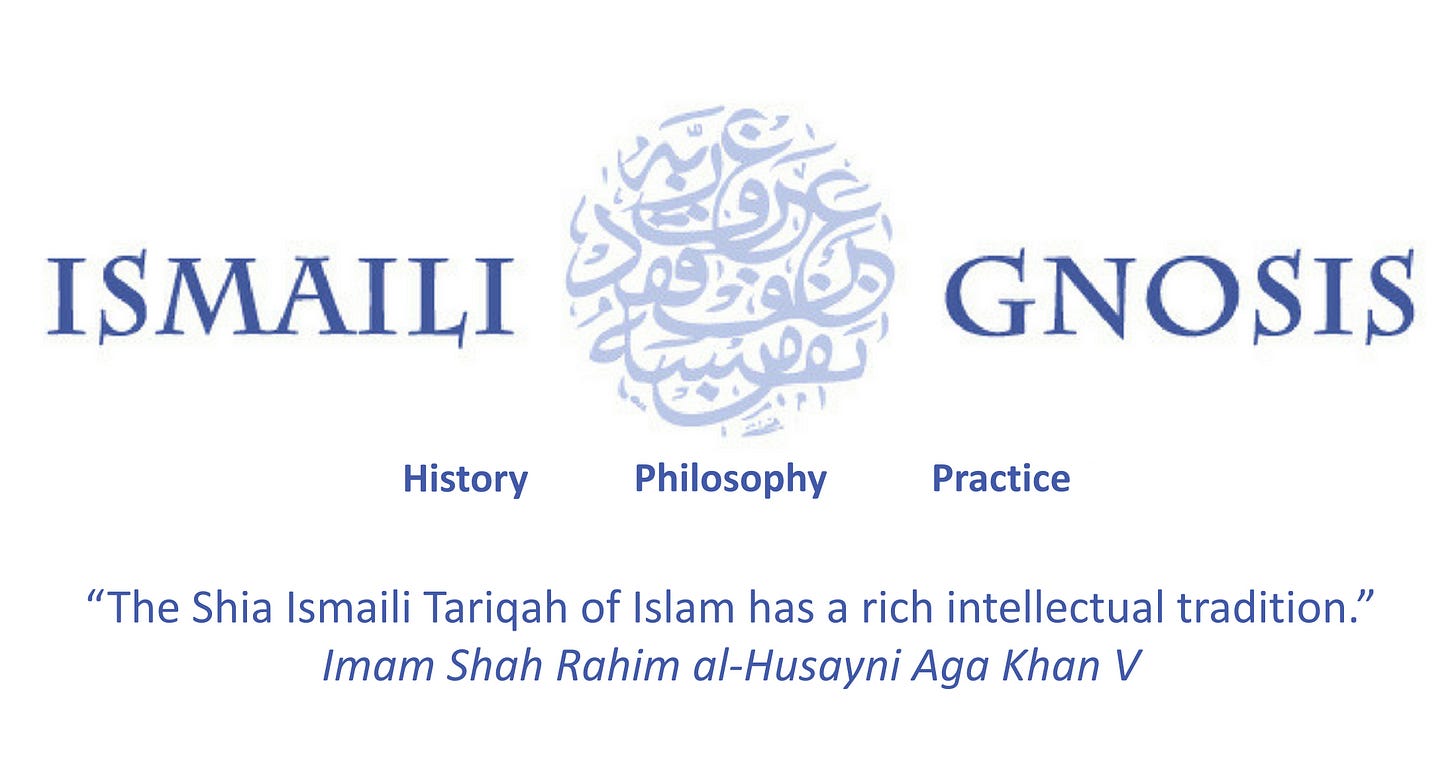Offering Bay'ah to the New Imam
Bay‘ah is the spiritual covenant that every Ismaili Muslim makes with the Imam of the Time
On Tuesday February 11, 2025, the global Ismaili Jamat will collectively offer bay‘ah to the new Imam of the Time, Mawlana Shah Rahim al-Husayni Aga Khan V during a special Takht-nishini ceremony.
Bay‘ah is the spiritual contract or covenant that every Ismaili Muslim or murid makes with each Ismaili Imam of the Time. When a murid offers bay‘ah to the Imam, they formally accept the permanent spiritual bond that exists between the Imam and the murid. In Ismaili history, the act of bay‘ah is also known as ‘ahd (oath) and mithaq (covenant). Bay‘ah gives the murid the right to access the Imam’s farmans, guidance, blessings, and spiritual medicine, and the Jamatkhanah is the private space where the Imam makes these available to his murids. The bay‘ah, a word which means “buying/selling,” is a two-way contract that includes a commitment from the murid and a commitment from the Imam.
“It is incumbent upon the parents that they should first make their children my murid through the performance of bay‘ah… Those who have not offered bay‘ah they have not signed to accept our faith. Just as you sign on an agreement in your business and in other dealings, similarly, through bay‘ah, I take signature from your soul.”
Imam Sultan Muhammad Shah Aga Khan III,
(Kutch Nagalpur, November 27, 1903, quoted in Kamaluddin Ali, Practices and Ceremonies, 71)
Bay‘ah as a religious practice goes back to the lifetime of Prophet Muhammad and the Qur’an mentions it in numerous verses (48:10, 16:91, 48:18, and 60:12) in which the believers give bay‘ah to the Prophet Muhammad when they become his followers or reaffirm their loyalty to him. The Qur’an stipulates that the Prophet should only provide guidance, blessings, and intercession to people after they give him their bay‘ah.
One of the earliest descriptions of bay‘ah in Ismaili history can be found in the pre-Fatimid text The Master and the Disciple. In this work, an Ismaili Da‘i (‘the Knower’) on behalf of the Imam of the Time facilitates the bay‘ah of a new Ismaili murid (‘the young man’) as follows:
‘There is a key to religion,’ the Knower began, ‘which renders it either sacred or profane, like the difference between marriage and fornication.’
‘Surely that key you have mentioned must be extraordinary in God’s sight,’ remarked the young man, ‘if it is what distinguishes between the sacred and the profane, between truth and falsehood! So what is it?’
‘That is the pact of God (13:20, 33:15, etc.) which confirms His rights, encompasses His obligations and safeguards His friends (10:62-64); the rope of God (3:103) upon His earth and His guarantee of security among His creatures,’ said the Knower. ‘I shall repeat (that oath) to you and impose its obligation on you.’
‘Yes,’ said the young man. ‘Ask (of me) whatever you would like. I am not hesitant about your opinion, nor will I violate your tradition.’
The narrator continued: So the Knower began to recite the oath to the young man, and he slowly repeated it and bound himself by it. The young man couldn’t control himself because of his emotions, and his tears were streaming down because of the intensity of that moment, until (the Knower) brought him to the end of the oath. So he praised God and glorified Him and gave thanks for all that had reached him, knowing with certainty that he was henceforth part of the party of God (5:56; 58:22) and the party of God’s friends because he had accepted the obligations of their oath.
Sayyidna Ja‘far b. Mansur al-Yaman, The Master and the Disciple, 78-79
According to Ismaili teachings, it is obligatory for Ismaili murids to give bay‘ah to the new Imam of the Time after he succeeds to the office of Imamat:
“From the time of Hazrat ‘Ali and Prophet Muhammad this ritual of offering bay‘ah continues. Even at that time people were becoming murids. This is the rule in this Satpanth Ismaili tariqah that each murid must once offer bay‘ah to the new Imam. Each new Imam must be offered bay‘ah at least once in life. It is up to the murids if they wish to offer bay ‘ah more than once to the Imam.”
Imam Sultan Muhammad Shah Aga Khan III,
(Kutch Nagalpur, November 27, 1903, quoted in Kamaluddin Ali, Practices and Ceremonies, 70)
Thus, the bay‘ah between the murid and the Imam is a spiritual “transaction” or “contract” in which the murid commits his allegiance, devotion, and obedience (walayah) in exchange for the Imam’s spiritual guidance, intercession, blessings, and purification – in this world and in the afterlife. The bay‘ah includes the explicit promise to steadfastly follow the farmans of the Imam of the Time.
“You perform bay‘ah, but you must first understand it’s meaning and then offer bay‘ah. When you offer me bay‘ah it means that you extend your hand to me with a promise. The promise is that during your lifetime my farman will be around your neck and you will obey me. Like a rope around your neck, keep my farmans around your neck with intelligence. Only understanding this and being content is not enough, you should also understand the meaning of this act and the farman. But if you forget the meaning of this act and the farman, then what is the use of doing this work? When you do this work then do realize that you have given your promise to your master that as long as you are alive you will not go out of my farman. He who offers bay‘ah with such intentions I will not abandon him in the next world. I also give him my words. I never break my promise. If you never go out of my farman only then I give you my words. He who obeys me and promises to follow me after offering me bay‘ah I also give him my promise that I shall hold his hand in the Hereafter. The trials and tribulations of the Day of Judgment are very frightening and painful. I will keep him away from this.”
Imam Sultan Muhammad Shah Aga Khan III,
(Manjewadi, October 31, 1903, quoted in Kamaluddin Ali, Practices and Ceremonies, 68-69








Thank you for this timely article.
A very insightful articlle.